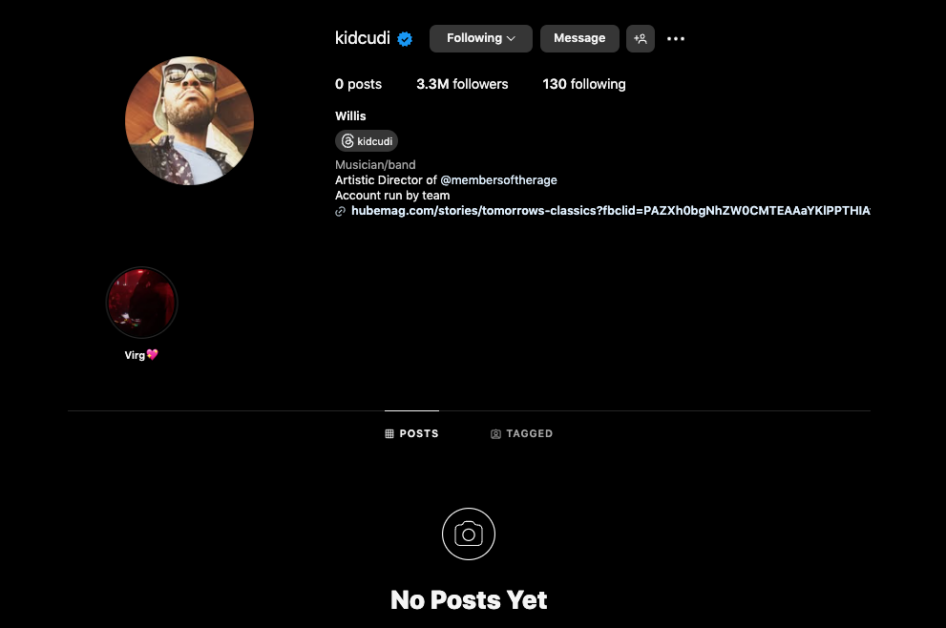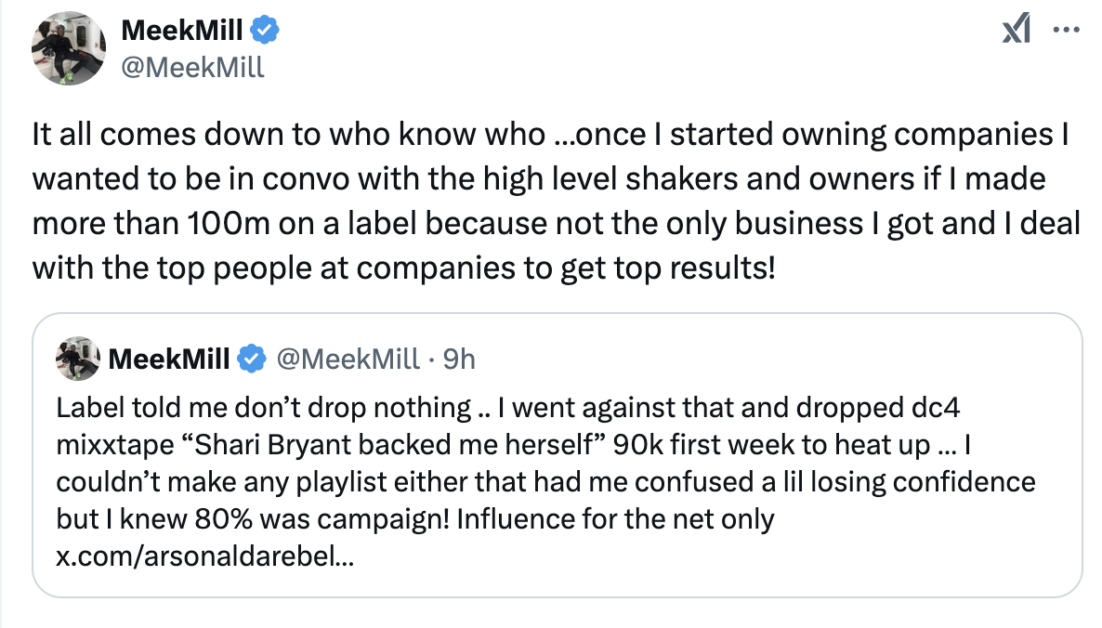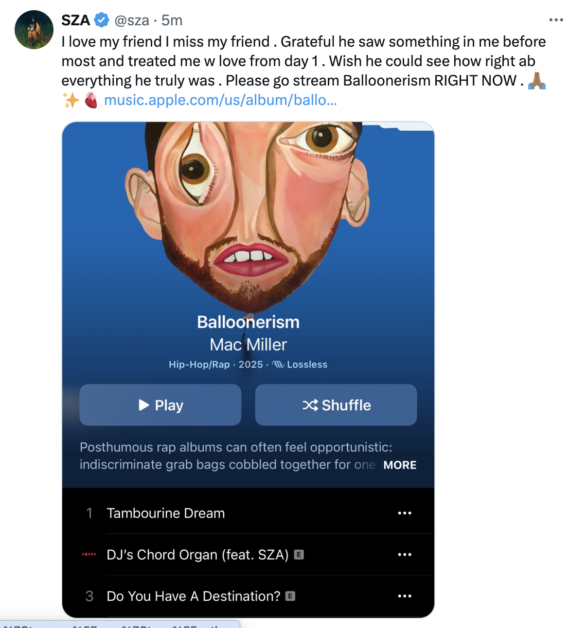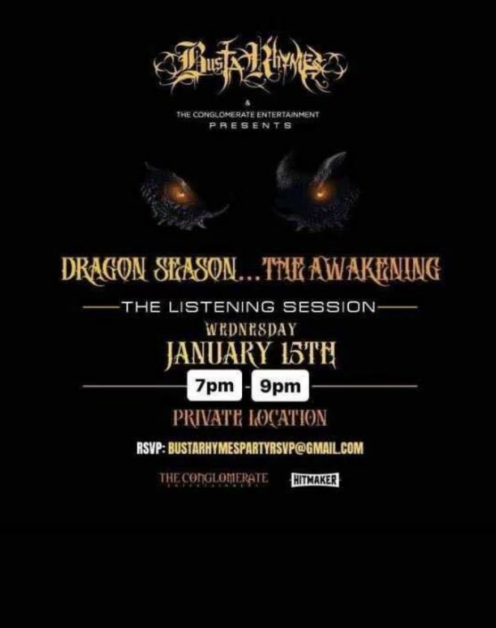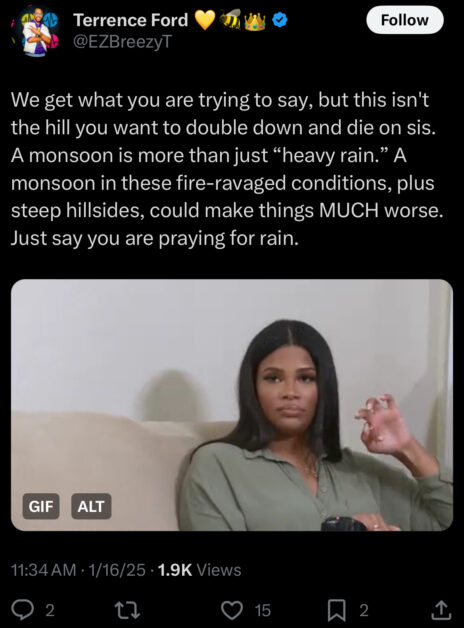President Joe Biden, who’s set to leave office next week as Donald Trump storms back into the White House, has announced the commutation of nearly 2,500 sentences for individuals convicted of non-violent drug offenses.
With Friday’s (January 17) move, Biden has granted more individual pardons and commutations than any previous president. In a statement, he emphasized that many of the recipients had been serving disproportionately long sentences, far harsher than what they would face under current laws and policies.
The clemency primarily addresses outdated sentencing enhancements and the widely criticized disparity between crack and powder cocaine penalties, reflecting an effort to correct historical injustices in federal drug sentencing.
The unprecedented wave of clemency marks a significant push by Biden’s administration to address systemic inequities in the criminal justice system. Advocates have long criticized the crack-powder cocaine sentencing disparity, which disproportionately impacted communities of color.
Zoë Towns, executive director of FWD.us, praised the move, highlighting how criminal justice reforms often overlook those already harmed by previous laws. Biden also drew attention in December 2024 for commuting the sentences of 37 federal death row inmates to life without parole and pardoning 39 individuals convicted of non-violent crimes.
Biden’s actions underscore a commitment to using executive power to rectify past injustices, even as his legacy on criminal justice remains shaped by his controversial 1994 crime bill.
Biden’s clemency efforts have not been without controversy. His decision to pardon his son, Hunter Biden, who pleaded guilty to tax violations and firearms-related charges, has drawn criticism from some quarters.
Trump, for one, said, “Does the pardon given by Joe To Hunter include the J-6 hostages, who have now been imprisoned for years? Such an abuse and miscarriage of Justice!”
Meanwhile, defense attorneys and civil rights organizations have intensified their advocacy for clemency in cases of excessive or unjust sentencing for non-violent offenses. Historically, presidents have issued clemency actions toward the end of their terms, and Trump has suggested he might do the same, including granting pardons to supporters involved in the January 6 Capitol riot.
Biden’s clemency decisions stand out as among the most significant in U.S. history, aiming to correct longstanding disparities in the justice system.
